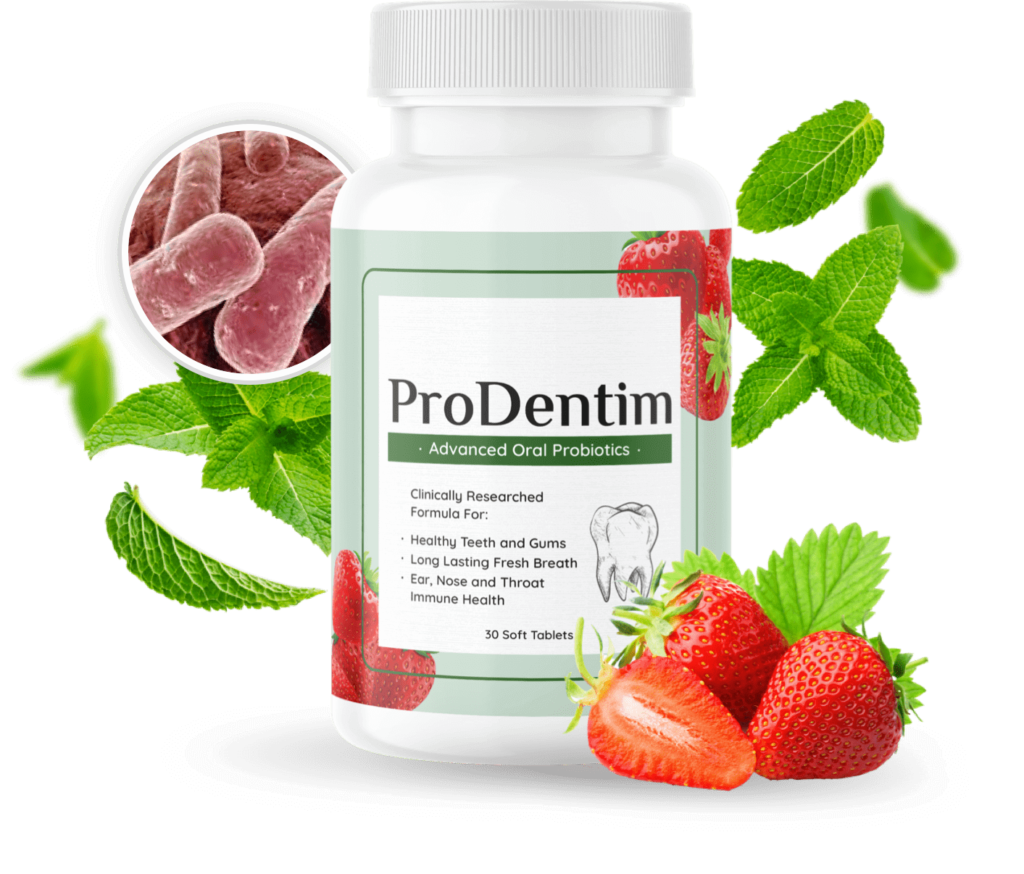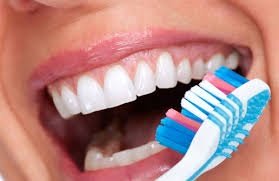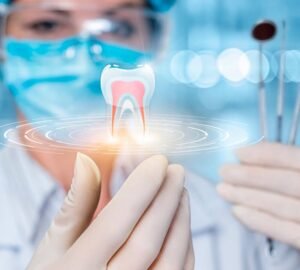When it comes to dental care, we often encounter contradictory advice and misinformation. Since oral health is directly linked to our quality of life and self-esteem, it’s essential to know what’s true and what’s a myth.
If you’ve heard any of these dental care myths, don’t worry—you’re not alone. Many of these are passed down through generations or spread across the internet without a solid scientific basis. Let’s explore the 5 most common myths about dental care and explain what you really need to know to keep your smile healthy.

1. Brushing Harder Makes Your Teeth Cleaner
This is one of the most popular myths, but unfortunately, it’s also one of the most harmful to your dental health. Many people believe that brushing their teeth harder will remove more plaque and leave them cleaner. However, this habit can cause long-term damage.
What Happens When You Brush Too Hard?
Brushing your teeth with too much pressure can actually damage your tooth enamel and irritate your gums. This can lead to tooth sensitivity, gum recession, and even enamel wear, which doesn’t regenerate. Over time, this can expose the dentin, the sensitive layer of the tooth, making it more vulnerable to cavities and pain.
The Correct Way to Brush Your Teeth
It’s best to use a toothbrush with soft bristles and apply gentle pressure, making circular motions. The brushing technique is more important than the amount of force applied. Also, don’t forget to brush your tongue and gums to remove bacteria and food particles.
Important Tip:
Investing in an electric toothbrush can help ensure you’re not brushing too hard. Many electric toothbrushes have pressure sensors that alert you when you’re using excessive force.
2. If My Teeth Don’t Hurt, I Don’t Need to See the Dentist
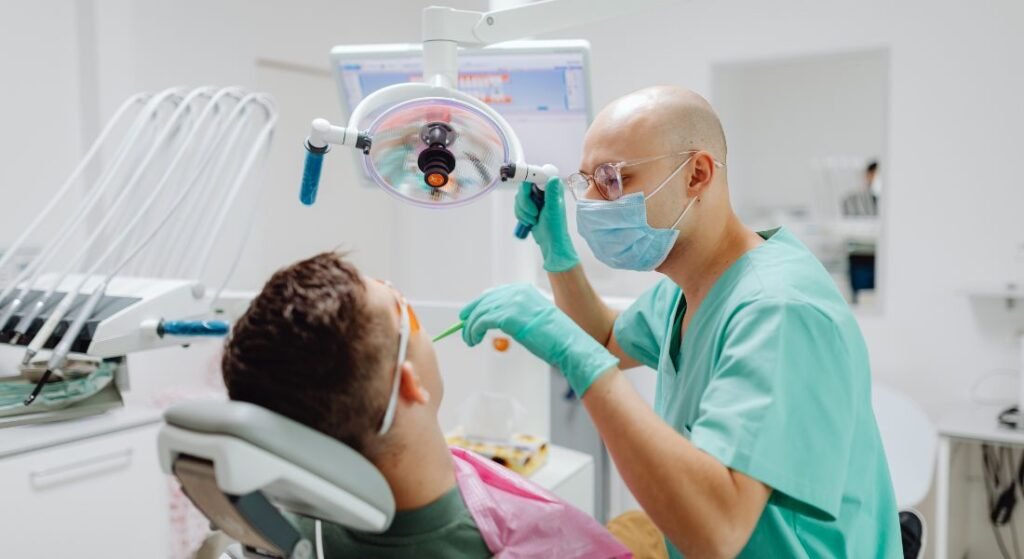
You’ve probably heard someone say, “If my teeth don’t hurt, everything’s fine.” While this logic may seem reasonable, it’s far from true. Dental issues often develop quietly without causing any pain. This means that even if you don’t feel discomfort, problems like early cavities or gum disease could be forming.
The Danger of Delaying Visits
Cavities and gum disease can progress without causing obvious symptoms until the problem becomes more severe. By the time you experience pain, it’s usually a sign that the issue is more advanced, and treatment may be more complex and expensive. Regular dental checkups are the best way to catch problems early, while they’re still easier to treat.
The Ideal Frequency of Dental Visits
It’s recommended to visit the dentist every six months, or as advised by your dentist. Even if your teeth seem healthy, regular exams can prevent future problems and ensure your smile remains bright and healthy.
Important Tip:
During a routine checkup, the dentist can perform X-rays, which are essential for detecting issues that are invisible to the naked eye, such as cavities between teeth or infections at the root.
3. Teeth Whitening Weakens Your Teeth
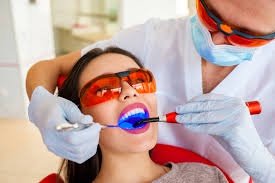
Another common myth is that teeth whitening treatments weaken your teeth. While there are many whitening products on the market, not all of them are created equally, and the risks can vary depending on how they are used.
What You Need to Know About Teeth Whitening
When done correctly and under the supervision of a dentist, teeth whitening is safe and effective. The process uses whitening agents that don’t affect the structure of the tooth, but rather the surface stains caused by food, drinks, or tobacco.
However, improper use of over-the-counter whitening products can damage the enamel. Products with high concentrations of hydrogen peroxide, when used unsupervised, can harm the enamel and increase tooth sensitivity.
The Importance of Supervised Whitening
Regular visits to the dentist ensure that the whitening process is done safely and effectively. The dentist can also recommend personalized treatments that suit your teeth’s needs, minimizing risks.
Important Tip:
If you’re looking for a whiter smile, it’s better to opt for professional in-office whitening treatments, which are more controlled and supervised by a professional.
4. I Don’t Need to Floss If I Brush My Teeth Well

This is another widely spread myth, but it can have serious consequences for your oral health. Many people believe that if they brush their teeth properly, they don’t need to floss. However, a toothbrush alone can’t reach all the areas where bacteria and food particles accumulate, especially between the teeth.
What Does Flossing Do?
Flossing is essential for removing plaque and food particles that get stuck in between your teeth, where a toothbrush can’t reach. Without flossing, plaque builds up, which can lead to cavities and gum disease.
The Correct Flossing Technique
Ideally, you should floss every day, preferably after brushing your teeth. Use about 18 inches (45 cm) of floss and wrap it around your middle fingers, leaving 3 to 5 inches (7 to 12 cm) to pass between your teeth. Gently slide the floss between your teeth, making a “C” shape around each tooth.
Important Tip:
If you find traditional flossing difficult, you can use alternatives like interdental brushes or water flossers, which are also effective at removing plaque between the teeth.
5. Baby Teeth Don’t Need Care Because They’ll Fall Out
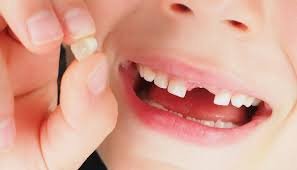
Many parents believe that baby teeth don’t need special care because, eventually, they will fall out and be replaced by permanent teeth. However, this idea is completely wrong. Baby teeth are extremely important for the development of the mouth and the alignment of permanent teeth.
The Role of Baby Teeth
Baby teeth help children chew and speak properly, and they also hold space for permanent teeth. If they’re not taken care of properly, cavities in baby teeth can affect the developing permanent teeth, leading to infections and pain.
How to Care for Baby Teeth
Baby teeth should be brushed from the moment they emerge using a child-sized toothbrush and fluoride toothpaste. Additionally, it’s important to start visiting the dentist when your child’s first tooth appears or by their first birthday.
Important Tip:
Teach your child to brush their teeth in a fun way by creating a routine and using age-appropriate products. This will help ensure that oral health is maintained from an early age.
Conclusion: Debunking Dental Care Myths
Now that you know the 5 myths about dental care and the truths behind them, it’s time to rethink your oral hygiene practices. Brushing gently, flossing daily, seeing the dentist regularly, and understanding the importance of baby teeth are all essential actions to ensure your long-term dental health.
Remember that dental care goes beyond just appearance—it’s about well-being and confidence. By debunking these myths, you’re on the right path to maintaining a healthy smile.
If you have any doubts about dental care, be sure to consult your dentist regularly. They can provide personalized advice to ensure your teeth stay healthy for years to come. Don’t let myths and misinformation compromise your smile!
